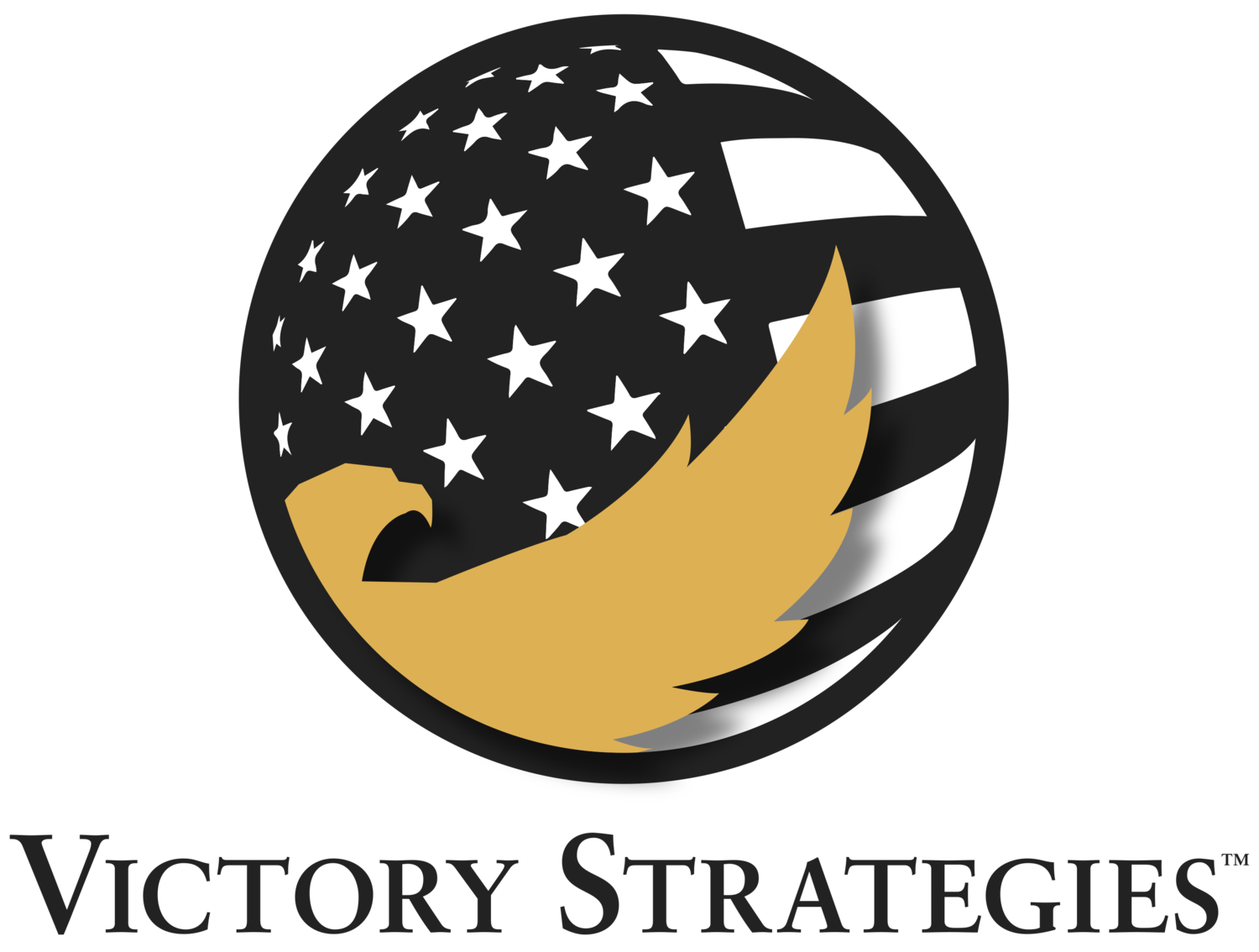What if I told you that with only a little practice, using tools you already possess, and at literally no out-of-pocket cost, you could:
· Deepen relationships, both professionally and personally
· Build trust
· Increase engagement and commitment in family and co-workers
· Learn and improve your personal knowledge base
Sound too good to be true? Consider this – become a better listener and begin now.
By this point in our lives, we have all likely been told at some point, by someone, that we simply “don’t understand” them. Many times, this comes from people we know very well. How can that possibly be? Say ‘ouch’ if any of these seem to hit close to home:
· Hearing vs Listening. During a routine physical exam a few years ago, testing showed that I had some modest hearing loss, as evidenced by a frequency response graph. Most of the degradation was in a frequency range that corresponded to higher pitched human speech. I offered this to my wife as proof that I didn’t hear her well at times. She astutely reminded me of the difference between hearing and listening.
Most times, our ability to receive and discern sounds works just fine, that is, we are hearing acceptably well. What doesn’t work as well is that we aren’t necessarily listening. Effective listening requires active concentration and focus, but many of us attempt to listen when also ‘multitasking’. How often do we really stop what we are doing, look at the person speaking and give them our full attention when they speak? By not focusing and prioritizing their message, we risk not only missing the content of what they said, but even more critically, we have sent a strong non-verbal signal that it just wasn’t that important. Ouch #1.
· Listening vs thinking of our next response. Often, especially when we are actively engaged in a meaningful topic, the discussion can become emotionally charged. The topic or message might be something we just don’t want to hear. Our focus shifts; we start mentally defending ourselves.
If so, this can lead us to thinking exclusively about what we are going to say rather than listening attentively to what is being said. As we concentrate more and more on what we want to “transmit”, essentially zero new information is being “received”. At this point, we are literally talking to hear ourselves speak, as the old saying goes. No non-verbal signals in this scenario, but it is just as disheartening to others to speak and not be understood. Ouch #2.
· Active listening vs asking (distracting) questions. Somewhere along the line, we might have encountered the technique of asking questions in a conversation to show interest. While well intentioned, such questions might actually prevent full communication and achievement of understanding. Questions can cause the speaker to go off-track in an attempt to dutifully answer our inquiries, hindering their efforts to connect directly and be fully understood. Or, worse, questions can be sometimes be mis-interpreted as inflammatory or judgmental, with effective communication and understanding being totally lost in the process. Ouch #3
I’m quite sure there are many more of these. Suffice it to say that we have all experienced examples of poor listening to some degree. We also all share the deep need to be understood in life and the huge frustration and emptiness that comes from not being able to achieve it.
The “eureka” here is, as Dr. Stephen Covey teaches, “Seek first to understand, then be understood.” Take a moment to consider this. It is a simple, but profoundly powerful concept, that can literally transform how you interact with others and how effective you can be, as a leader, a co-worker, a spouse or a parent.
So, let’s begin by focusing on what we each can control – ourselves. Starting immediately, resolve to stop what you are doing when someone speaks to you. Look at them. Smile, nod or show some discernable sign that you welcome the input. Repeat key parts of their message for clarity and to confirm understanding. Great start, now on to the next step.
Add empathy. Suspend judgment of the contents of the message received. Do not weigh it or perceive it through your own lens. Carefully consider what they are saying and pay careful attention to the emotion that likely is attached.
And finally, fashion your (brief) response in a manner that shows recognition and welcomes additional information. By rephrasing the content of the message in your own words and reflecting feeling, you can respond in a way that conveys interest and trust, leading to a deeper and richer understanding. You have connected!
Think about it. Fully connecting and being truly understood simply feels great! Being skilled at fostering such understanding, consistently and effectively, does indeed deepen relationships, forges trust and fully engages those around us. And the coolest thing – along the way, we learn new facts, gain insight into new perspectives and generally become more aware of the world around us just by being interested and attentive.
What a return on the investment and commitment of only a little time and effort!
So, listen up - it’s even ouch-free!
Authored By: Jeff Boyer, Managing Director

